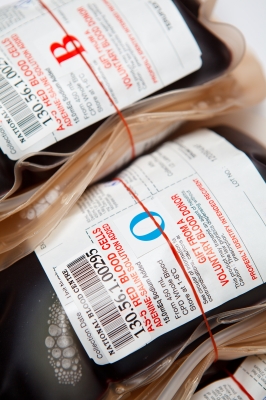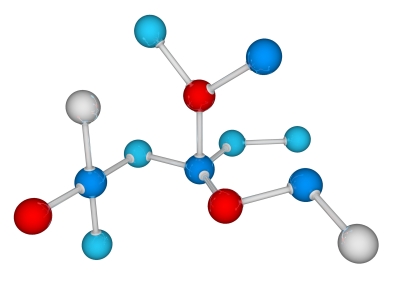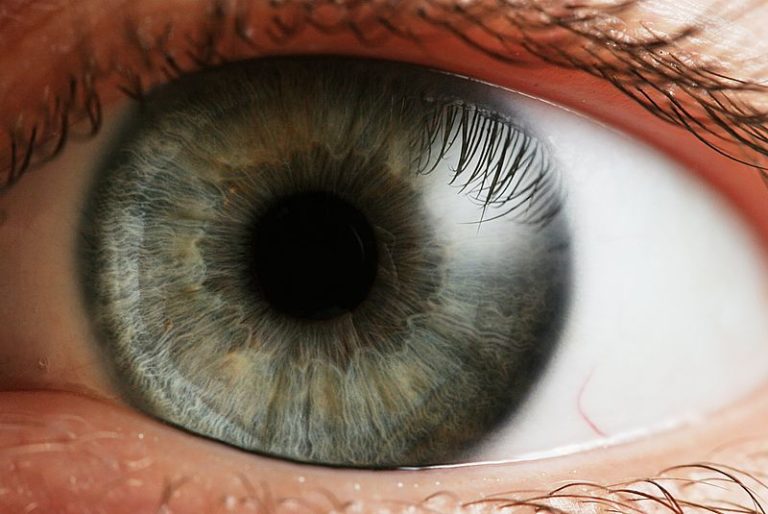Memory Slips Could Signal Dementia
Elderly people who are experiencing memory lapses are more likely to be diagnosed with dementia later on, according to new research. It suggests those with memory complaints are three times more likely to develop mild cognitive impairment within nine years; within 12 years, 80 percent had full-blown dementia. Study author Richard Kryscio, associate director of …













